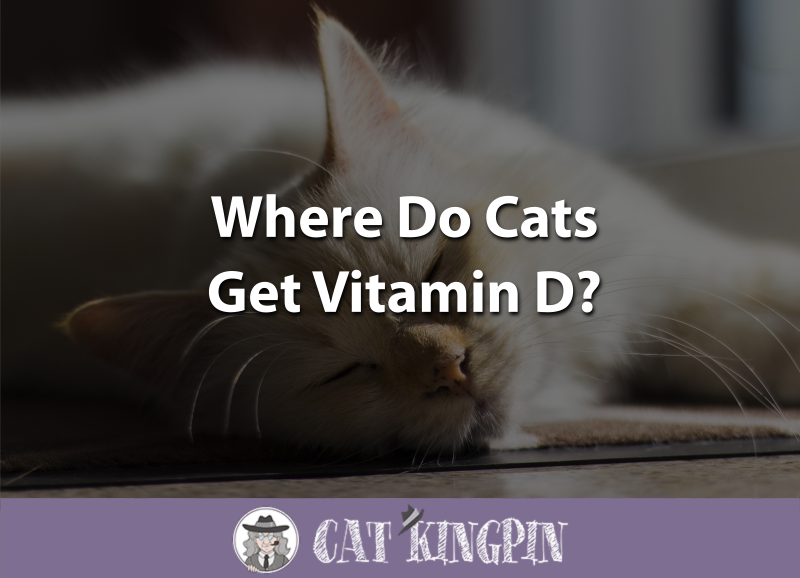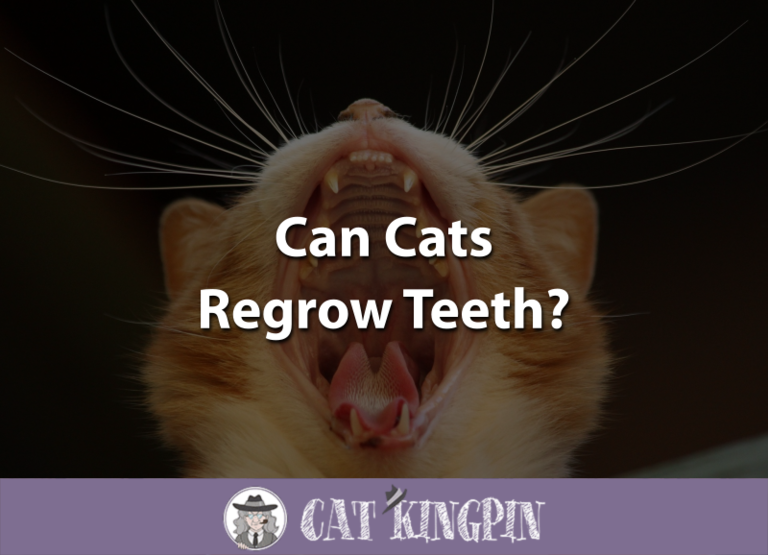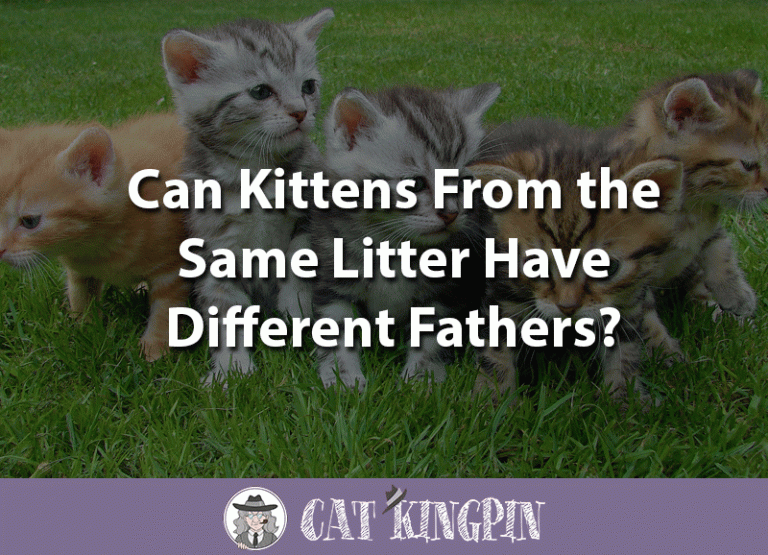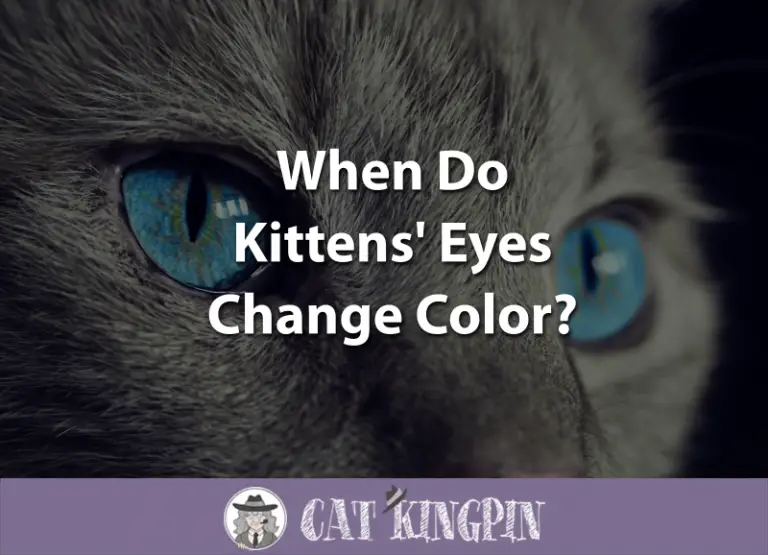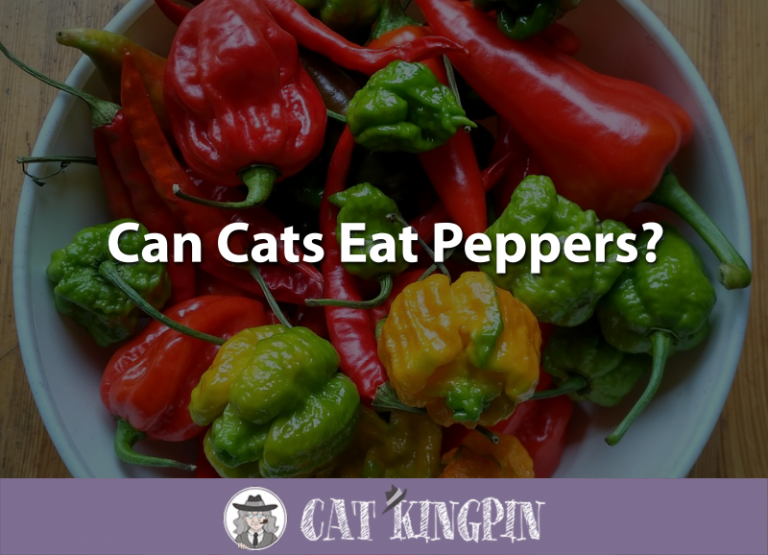Where Do Cats Get Vitamin D?
Vitamin D is essential for healthy bones and muscles. Before vitamin D-fortified milk came along, many kids who didn’t get enough vitamin D from their diet developed rickets and other health problems.
You may be aware that people can get the vitamin D they need simply from being in the sun. Cats love to sunbathe, so is this how they get vitamin D? If not, where do cats get the vitamin D they need?
In this article we’ll cover the following;
- Vitamin D, What You Need to Know
- Where Do Cats Get Vitamin D?
- Do I Need to Give My Cat Vitamin D Supplements?
- Vitamin D Poisoning
- Healthy Ways to Make Sure Your Cat is Getting the Right Amount of Vitamin D
Vitamin D, What You Need to Know
Vitamin D is actually not just one substance, but refers to a group of fat-soluble compounds that are important for many biological functions including the absorption of calcium, magnesium, and phosphate. The most biologically-important forms are vitamin D3 (cholecalciferol) and vitamin D2 (ergocalciferol).
Vitamin D is an essential nutrient for cats. Cats need vitamin D in order to have healthy muscles and bones. You wouldn’t want them to faint from lack of nutrition!
A cat’s muscles require vitamin D to function properly as it is involved in cellular regulation of calcium and phosphorus. Insufficient Vitamin D levels can affect the cat’s most important muscle, the heart, leading to an increased risk of heart disease and even congestive heart failure.
Vitamin D is also essential to calcium absorption which is necessary to maintain the health of the cat’s bones. Cats that don’t get enough vitamin D suffer from bone disorders such as osteomalacia and rickets.
Recent studies are also showing a link between low levels of Vitamin D and an increased risk of cancer.
Where Do Cats Get Vitamin D?
Cats get vitamin D from the food they eat. Most well balanced cat foods contain a number of different types of food ingredients to ensure they meet all of a cat’s nutritional needs.
Vitamin D does not occur naturally in many food sources, with a few exceptions. These include fatty fish, such as sardines and tuna, egg yolks, and raw milk.
People are able to synthesize vitamin D from sunlight, however, in a 1999 study, kittens fed a vitamin D-free diet showed a decline in plasma vitamin D levels even when exposed to direct sunlight with clipped fur. The researchers in this study concluded that cats were ineffective in vitamin D synthesis because they produce a high quantity of an enzyme known as 7-DHC reductase.
In any event, all this research doesn’t seem to stop the cats in the following video from trying to up their vitamin D level through a little sunbathing:
https://www.youtube.com/watch?v=NibBWOCON_4
Do I Need to Give My Cat Vitamin D Supplements?
Generally, cats get all of the vitamin D they need in their diet. However, in rare cases, cats may be born with congenital defects involving their vitamin D metabolism.
Without intervention, kittens with these types of birth defect will develop rickets. In such cases, a veterinarian would likely prescribe oral vitamin D supplements, which should treat the condition.
Other conditions could also require supplemental vitamin D. Because vitamin D can also be harmful for your cat, it should only be given on the advice and recommendation of your veterinarian.
Vitamin D Poisoning
Even though it is an essential nutrient, too much vitamin D is toxic for cats. The most common causes of vitamin D poisoning in cats are ingestion of either rodenticides (rat poison) or vitamin D supplements.
Most mouse and rat poisons contain vitamin D3, cholecalciferol, which causes a life-threatening rise in body levels of calcium and phosphorus resulting in severe acute kidney failure. Treatment is difficult and expensive and, even if a cat survives, they may suffer permanent kidney damage.
Another hazard is the vitamin D supplements people may have in their homes. Because most cats would have to eat more than a couple to be dangerous, they do not pose as great as risk as rat poison, but caution is still warranted.
For example purposes only, let’s consider a ten pound cat that swallows one 1,000 iu vitamin D gelcap. The toxic dose of Vitamin D for cats is 0.1mg/kg, therefore:
- A ten pound cat is 4.54 kilograms.
- 1000 units of vitamin D3 is 0.025mg
- This means the cat consumed 0.025mg per 4.54kg equaling about 0.0055 mg/kg.
- This would be well below the toxic dose of 0.1 mg/kg.
Symptoms of vitamin D poisoning usually develop within 12-36 hours after ingestion and may include:
- Vomiting
- Weakness
- Depression
- Lack of appetite
- Increased thirst
- Increased urination
- Dark tarry feces containing blood
- Blood in vomit
- Constipation
- Seizures
- Muscle tremors
- Abdominal pain
- Excessive drooling
If your cat has swallowed vitamin D supplements or rodenticide, this can be a medical emergency, and you need to contact the animal poison control center and your veterinarian immediately!
Healthy Ways to Make Sure Your Cat Is Getting the Right Amount of Vitamin D
Here are a few tips to follow to make sure your cat is getting the right amount of vitamin D to stay healthy and happy.
- Keep all rodenticides in a closed cabinet or drawer, preferably in an area far away from your cat, such as the garage.
- Vitamin supplements should be kept in their container with a closed lid inside of a closed cabinet or drawer.
- Feed your cat a well-balanced healthy diet. Purina Cat Chow Naturals Indoor Dry Cat Food is one example of a cat food formulated to meet 100% of a cat’s nutritional needs and it has been reviewed by hundreds of cat owners so you can make sure it is right for your feline companion.
- If your veterinarian advises you supplement your cat’s diet, vitamin D3 drops are available that can be easily added to their food. Make sure you only give your cat as much as your veterinarian recommends because, as we mentioned above, too much of a good thing can make your cat sick.
If you have any questions or would like to share a story about your cat and their favorite healthy cat food, please tell us in the comments below. We’d love to hear from you!

